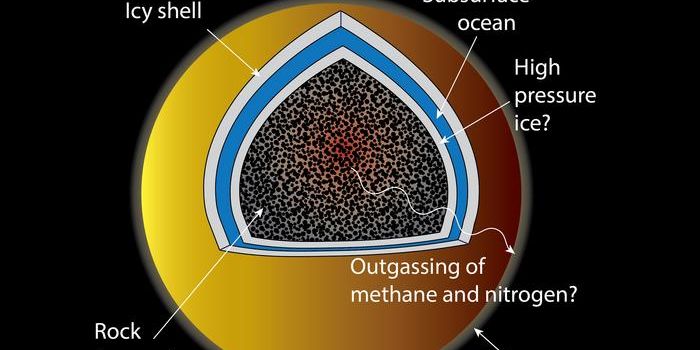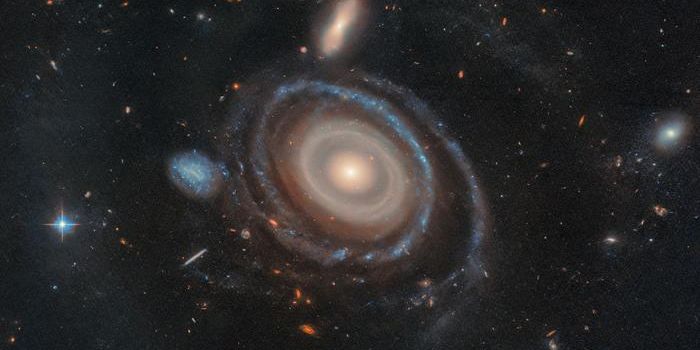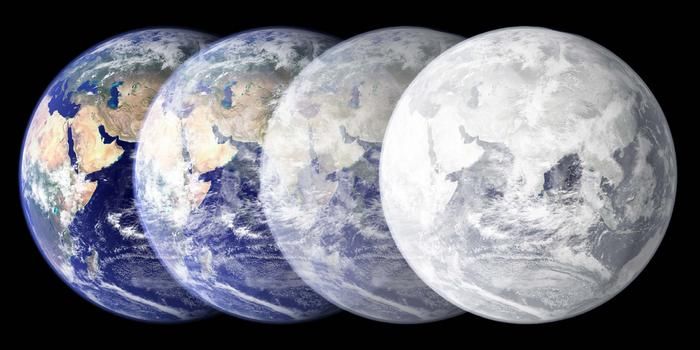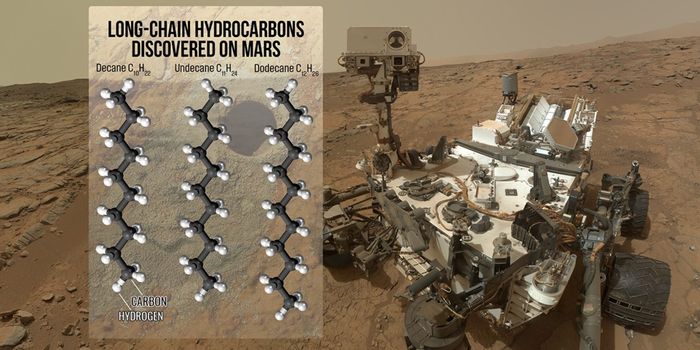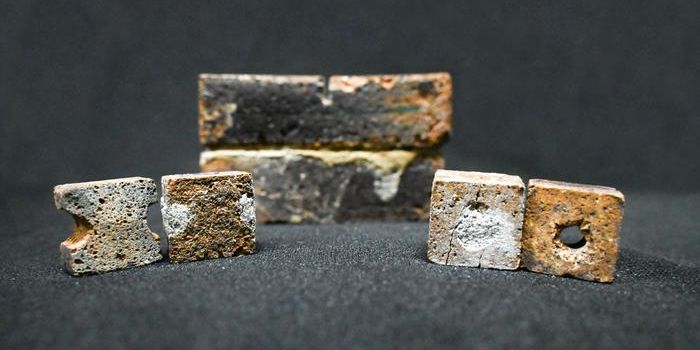Was There a Second Major Impact After the Dinosaurs Were Wiped Out?
Scientists are now looking into whether or not a second massive asteroid or comet impact may have struck the Earth just 10 million years following the impact that killed off the dinosaurs. The study has been published in Science by Dr Morgan Schaller.

Evidence for the impact is scarce, since experts can’t seem to find an impact zone that matches the given timeframe, but other clues suggest that perhaps the impact wasn’t as large as the one that killed off the dinosaurs, meaning finding such an impact zone probably isn’t likely to happen.
Nevertheless, among the clues are deposits of glassy dark beads, known as silica spherules, that were found around the supposed impact areas and are tied to the Paleocean-Eocene thermal maximum (PETM).
According to the researchers, such deposits can also be created by volcanoes, but it’s unlikely that they actually were. Their water content was below 0.03% and they contain quartz glass, which means they must have been formed from some kind of ultra-high impact and super-hot event that even a volcano couldn’t replicate.
During the PETM, the Earth went through a global warming crisis where temperatures rose anywhere from 9-16º Fahrenheit above normal, likely from all of the greenhouse gasses.
The dating of this significant impact can’t be accurately placed before or after the PETM, so it’s hard to say for sure whether or not the impact could have had anything to do with the temperature fluctuation.
With a little more research, we might be able to use what we learn from this impact, and its effect on the environment, to prepare ourselves for similar global warming issues plaguing the planet today. After all, modern global warming comes from greenhouse gas effects as well.
Source: Earth Sky

